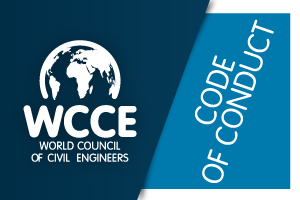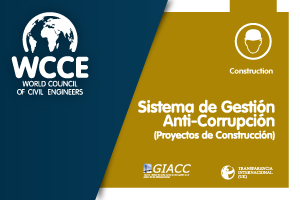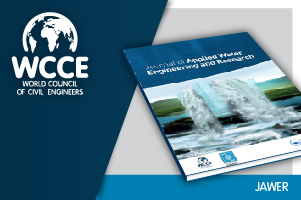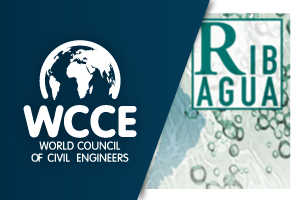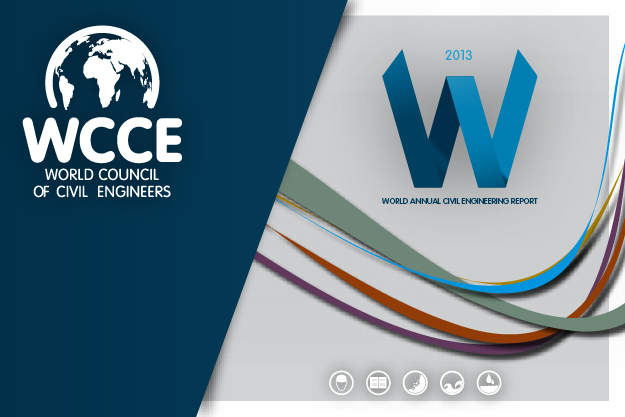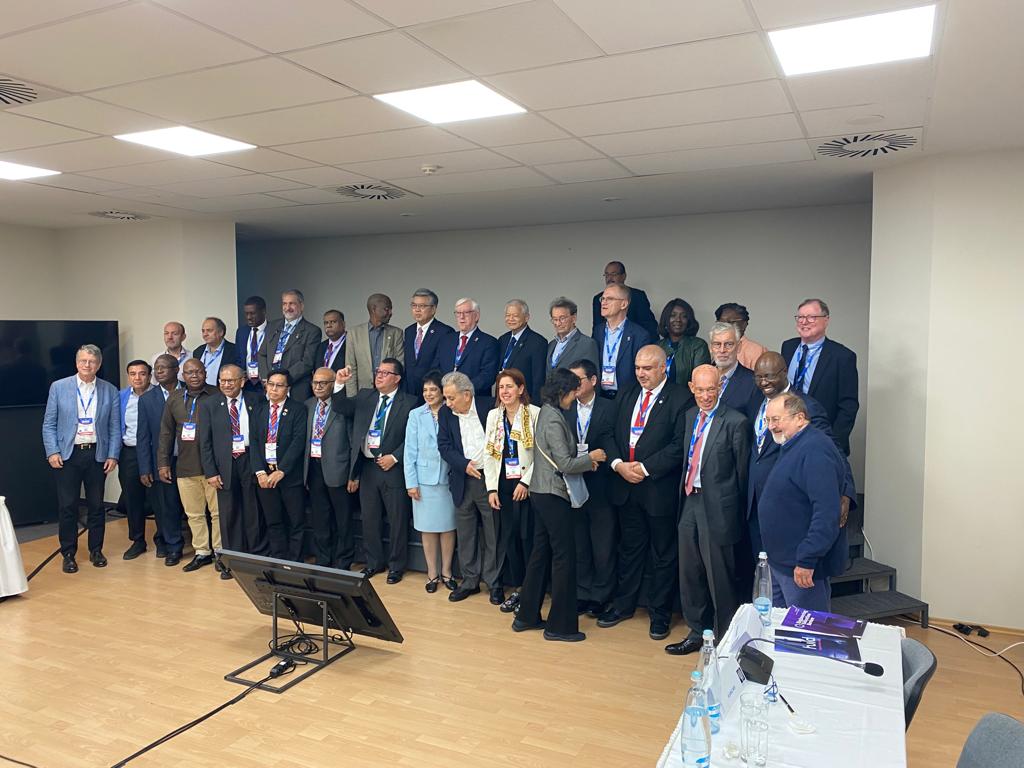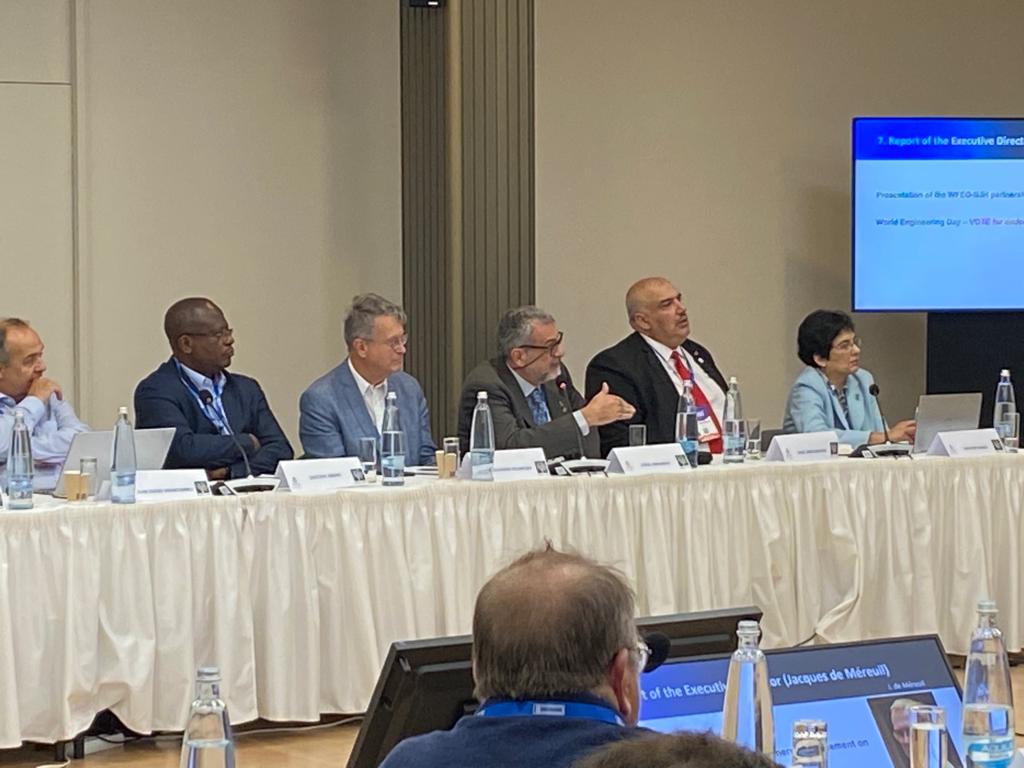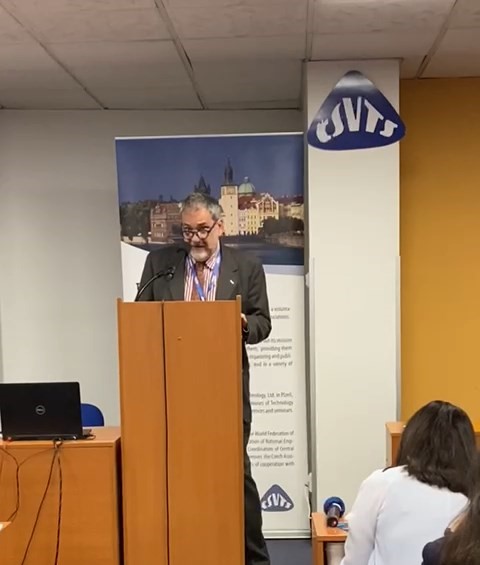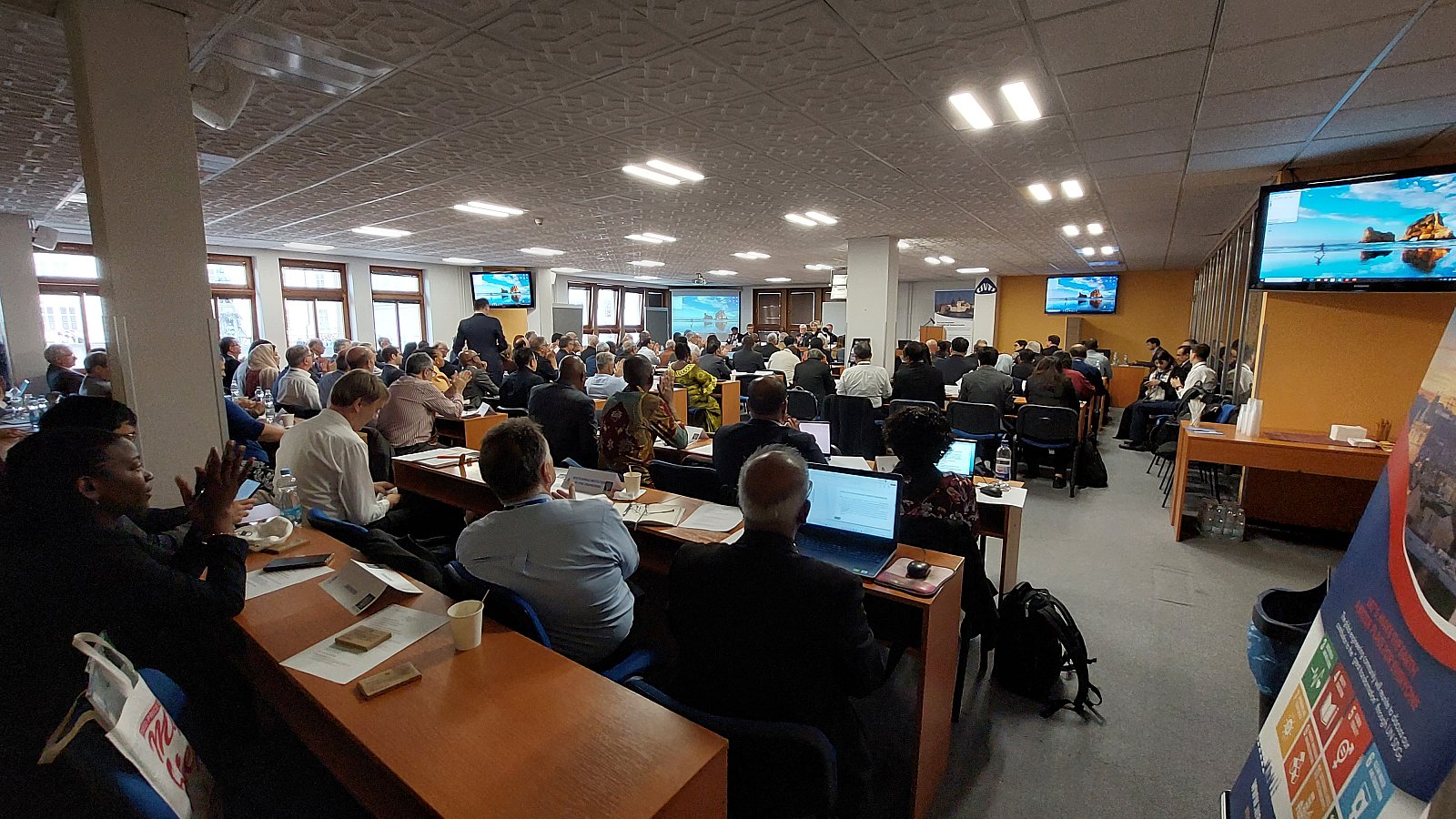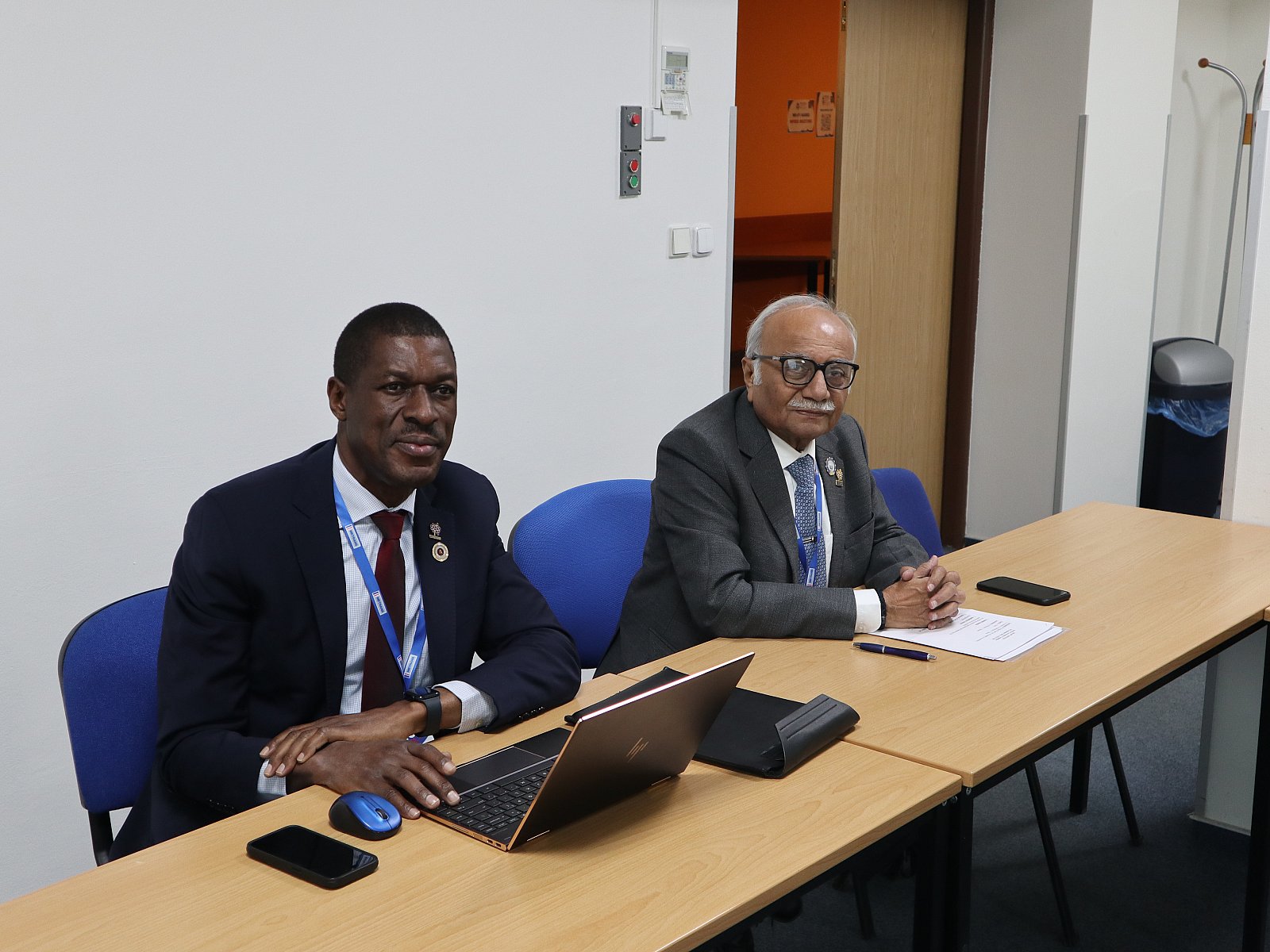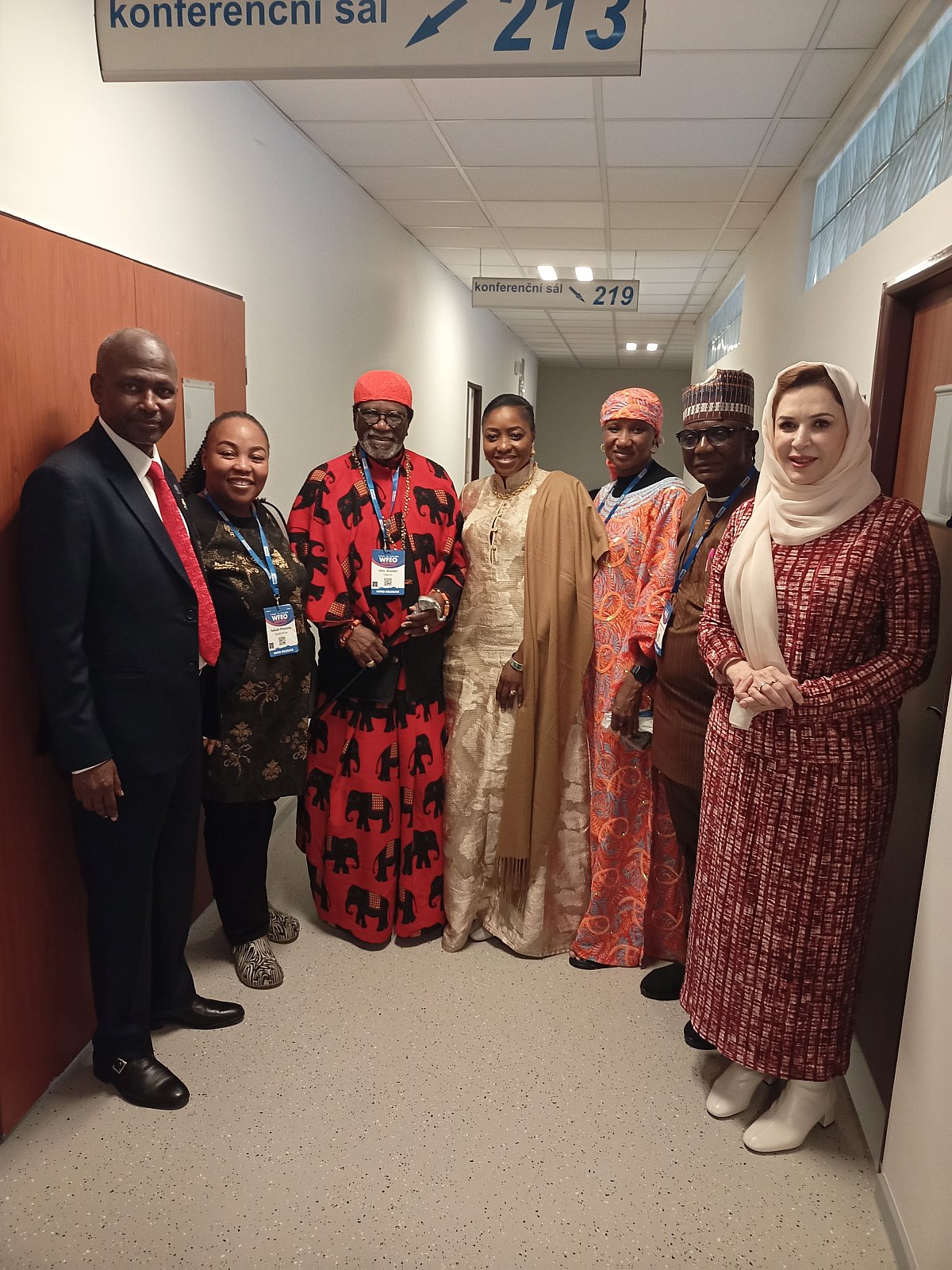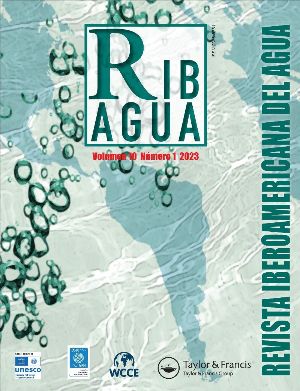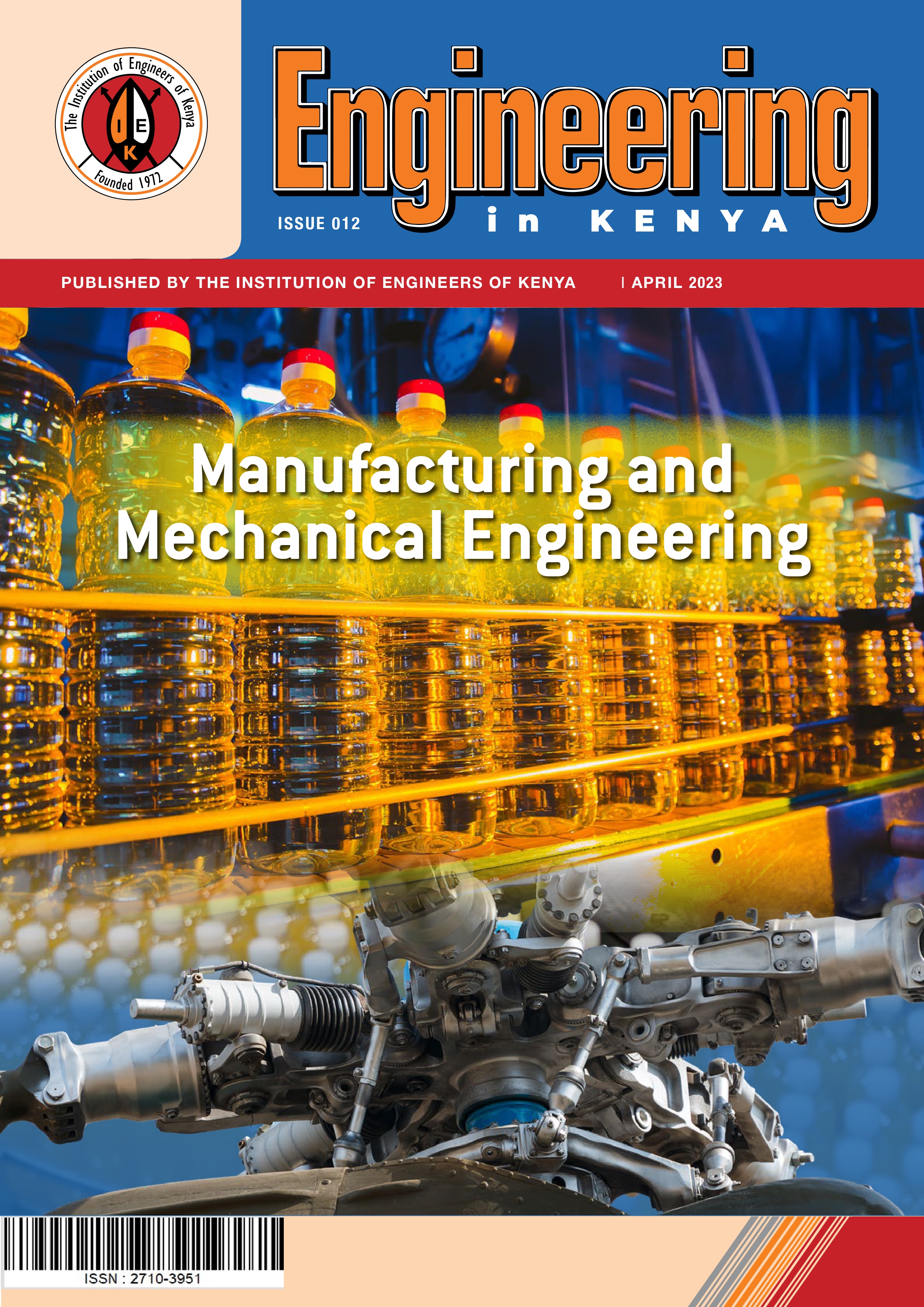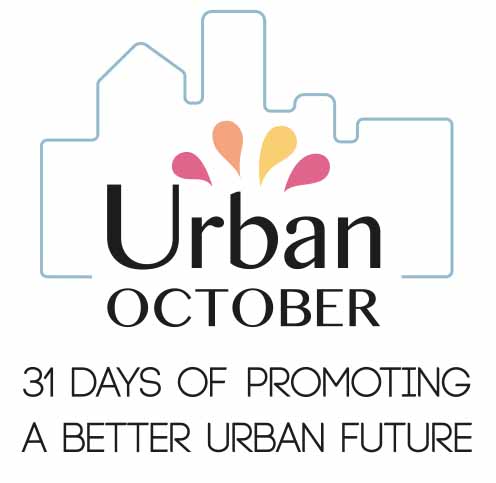🔬 Covid-19 Safety Guidelines for Construction Sites
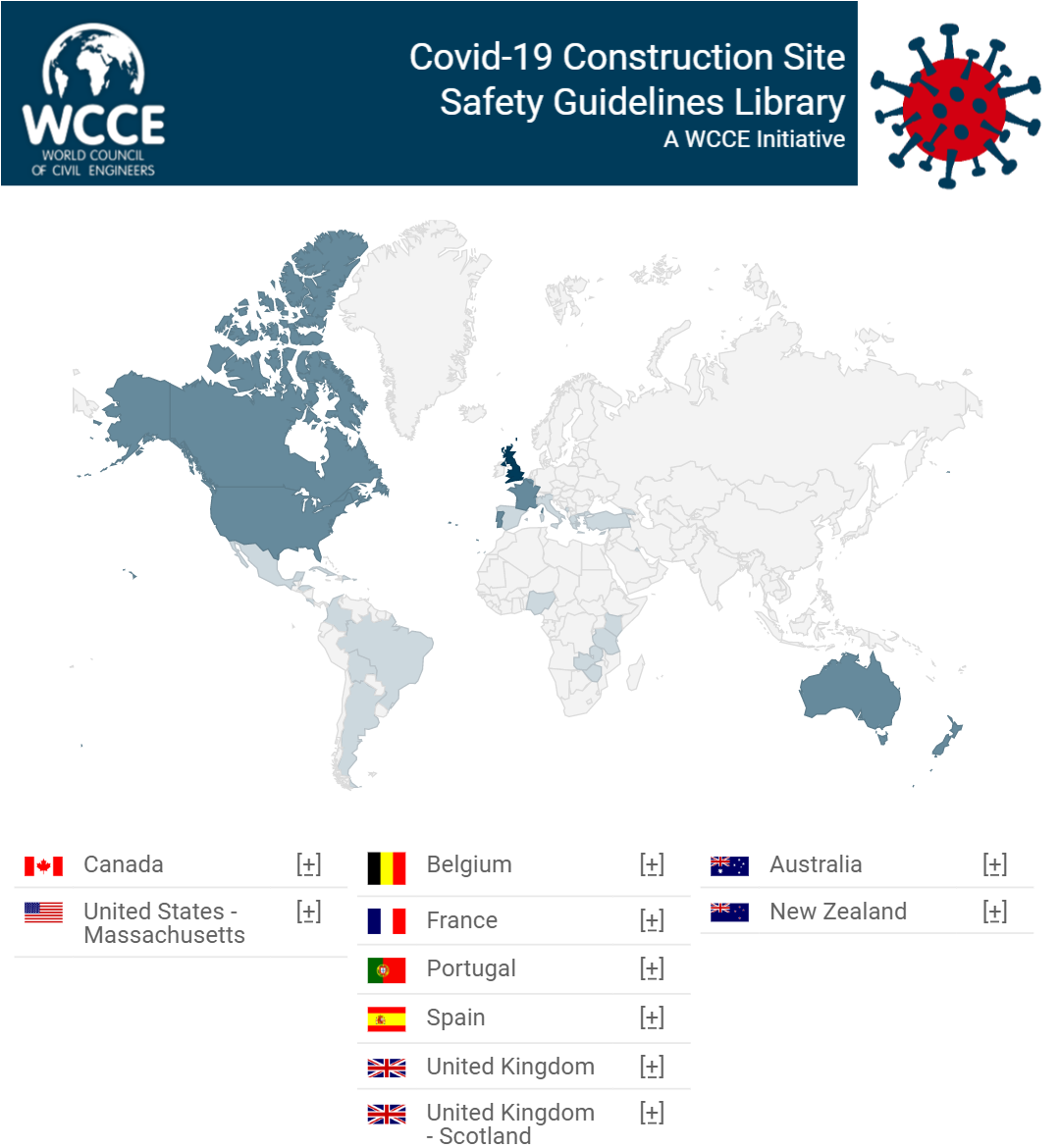 WCCE members are fully aware of the need to slow the Covid-19's virus spread. Bearing in mind that quite a large number of countries are considering construction as an essential activity which is labour intensive, it is the responsibility of our professional to prevent the spread of the virus in the workplace. On such grounds, WCCE has become to compile safety guidelines for construction works from different jurisdictions in order to help other professional organizations which lack them or have not been put in force yet.
WCCE members are fully aware of the need to slow the Covid-19's virus spread. Bearing in mind that quite a large number of countries are considering construction as an essential activity which is labour intensive, it is the responsibility of our professional to prevent the spread of the virus in the workplace. On such grounds, WCCE has become to compile safety guidelines for construction works from different jurisdictions in order to help other professional organizations which lack them or have not been put in force yet.
For the time being, 36 guideline documents from 31 countries have been collected but we expect that with everybody's collaboration, we would be able to build a relevant repository on the topic.
Contribute on the following link. The repository can be consulted following:
💡 Defining civil engineering - A column by Jorge Abramian, WCCE President Elect
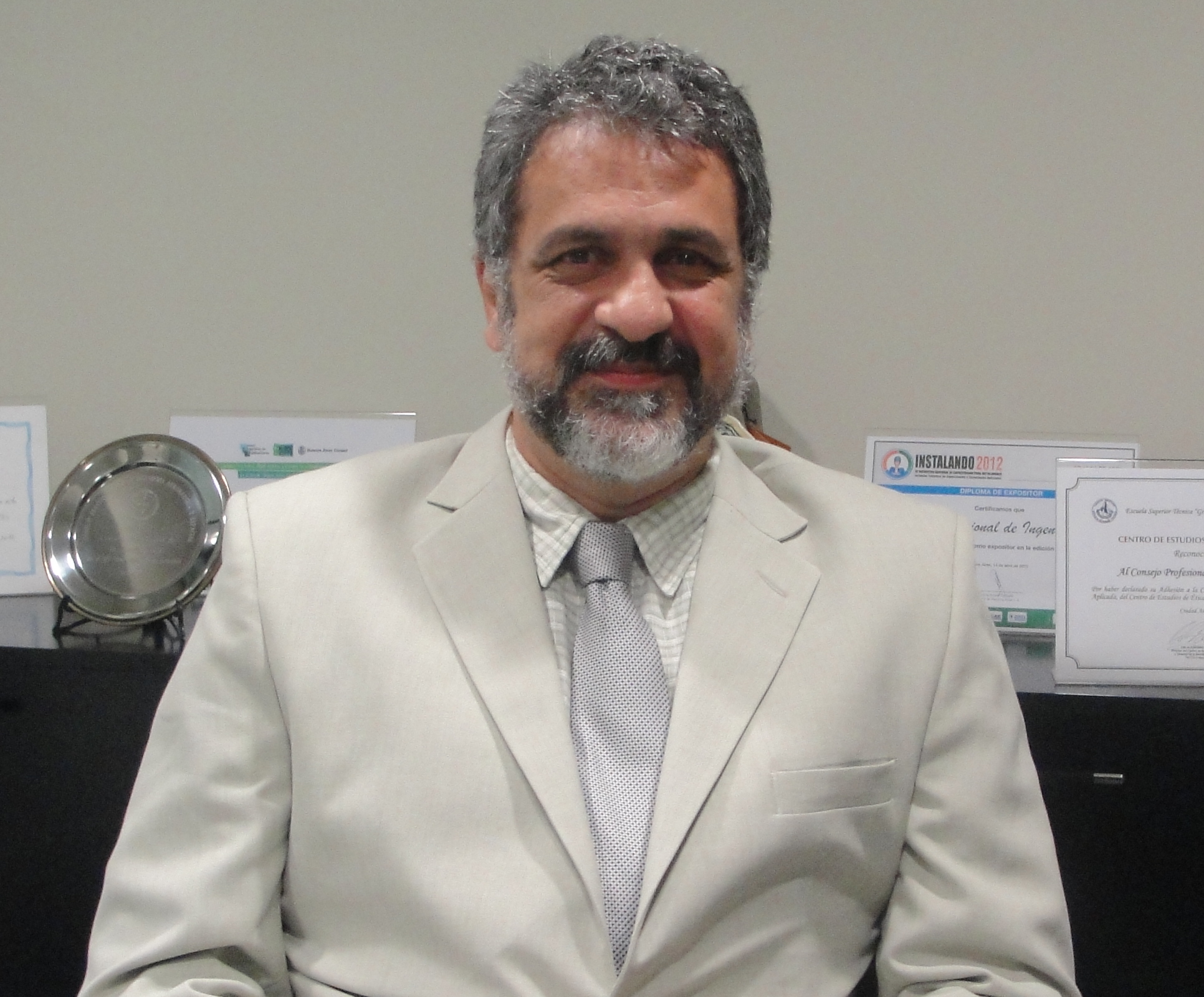 A previous research about the civil engineering profession sparked the interest to investigate how different countries define this practice. The mentioned research related to the number of civil engineers available in different countries, and showed a correlation with population, being the average of the 38 sampled countries close to 1.050 civil engineers per million inhabitants.
A previous research about the civil engineering profession sparked the interest to investigate how different countries define this practice. The mentioned research related to the number of civil engineers available in different countries, and showed a correlation with population, being the average of the 38 sampled countries close to 1.050 civil engineers per million inhabitants.
However, the data scattered and its standard deviation was somewhat large. Interestingly, some of the respondents pointed out that in their countries the definition of civil engineers was generally broader than in the rest of the world – those countries were not taken into account in the mentioned investigation as would bias the results.
In these cases, they explained, civil engineering was understood as the opposite of, for example, military engineering. Hence, civil engineering was an umbrella that covered construction, mechanical, chemical, transportation engineering and others as specializations of civil engineering.
🏢 2020: the Year of the 3S Buildings Safe – Sound – Sustainable
 The European Council of Civil Engineers has declared the 2020 as the Year of the 3S Buildings – Sound – Sustainable. The official opening event was held on 14th December 2019, at Nicosia, Cyprus during the 27th General Assembly of the Cyprus Association of Civil Engineers. As you are aware, the idea of the announcement of the year 2020 as the year of the ECCE 3S Approach "Safe, Sound and Sustainable" derived from the relevant Position Paper titled "The need for integrating Structural / Seismic Upgrade of Existing Buildings, with Energy Efficiency Improvements” which is being elaborated by ECCE.
The European Council of Civil Engineers has declared the 2020 as the Year of the 3S Buildings – Sound – Sustainable. The official opening event was held on 14th December 2019, at Nicosia, Cyprus during the 27th General Assembly of the Cyprus Association of Civil Engineers. As you are aware, the idea of the announcement of the year 2020 as the year of the ECCE 3S Approach "Safe, Sound and Sustainable" derived from the relevant Position Paper titled "The need for integrating Structural / Seismic Upgrade of Existing Buildings, with Energy Efficiency Improvements” which is being elaborated by ECCE.
The Manifesto that you will find attached highlights the need for integrating Structural / Seismic Upgrade of Existing Buildings, with Energy Efficiency Improvements. The new trend nowadays is…smart financing for smart buildings. But a building can only be called smart... once it fulfills the 3S approach “safe, sound and sustainable”.
We request WCCE Members to promote this idea and give our initiative publicity through your communication channels (webpage, newsletters, e-journals, etc.) so that we make our voice heard to the public. Some of our members have already started campaigning on the 3S approach which seems to be finding acceptance. Moreover, FIEC has adopted our approach supporting that energy efficiency retrofitting needs to be done in parallel with other necessary repairs and maintenance, such as those aimed at structural reinforcement and safety improvements.
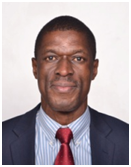
📣 Eng. Nathaniel Matalanga, New IEK President
Eng. Nathaniel Omwolo Matalanga has been elected President of the Institution of Engineers of Kenya - IEK for the 2020/2022 period. Owner of NGASI Consulting Engineers, he specializes in Structural engineering with over twelve years experience in the structural design of buildings and surrounding infrastructure has designed projects in Kenya and Uganda mainly. Eng. Matalanga holds Bachelor of Science (Civil Engineering) Hons from Nairobi University. Registered Engineer since 1993, he holds membership of several professional societies: Institution of Engineers of Kenya, Architectural Association of Kenya (E) and Uganda Institution of Professional Engineers.
Former Honorary Secretary of IEK's Council, he was elected to the Executive Council of the World Federation of Engineering Organizations as a national member representative during WFEO's last General Assembly in November 2019 in Melbourne, Australia. From WCCE, we congratulate Eng. Matalanga for his election and we expect that IEK would increase its collaboration with WCCE on the achievement of UN's Sustainable Development Goals.
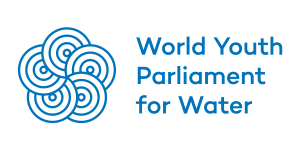
🔍Spotlight on: WORLD YOUTH PARLIAMENT FOR WATER
The World Youth Parliament for Water is a youth network acting for water around the world. This movement of passionate young people from over 80 countries effects change at all levels: from local communities, where they implement concrete actions, to the United Nations General Assembly, where they advocate for youth participation in the water sector. The WYPW is supported by the International Secretariat for Water.
Its mission
- To coordinate youth water action and advocacy at the local, basin and international level.
- To guarantee that the water sector recognizes youth as key stakeholders
- To raise youth awareness of water issues
- To encourage youth to build capacities and to act for water
📐Massive Open On-Line Course (MOOC) - "Sustainability in Practice" - ENGLISH and FRENCH - Engineers Canada - Polytechnique Montreal
 The massive open online course is available worldwide and has already been taken by close to 4,600 people globally over the first three offerings of the course. It uses real-life case studies to demonstrate the practical application of Engineers Canada’s guideline on sustainable development and environmental stewardship for engineers. The course is delivered in four modules and is offered in both English and French. The course demonstrates for the world’s 30 million engineers how to apply each of these 10 principles in their engineering practice.
The massive open online course is available worldwide and has already been taken by close to 4,600 people globally over the first three offerings of the course. It uses real-life case studies to demonstrate the practical application of Engineers Canada’s guideline on sustainable development and environmental stewardship for engineers. The course is delivered in four modules and is offered in both English and French. The course demonstrates for the world’s 30 million engineers how to apply each of these 10 principles in their engineering practice.
Participants have until May 15, 2020, to complete the online course at their own pace. Registration closes on April 20, 2020. An optional Certificate of Completion is available following successful completion of the course at a cost of $75 CAN.
Register today for Sustainability in Practice on the EduLib website.
Page 7 of 25


